Tag: rice production
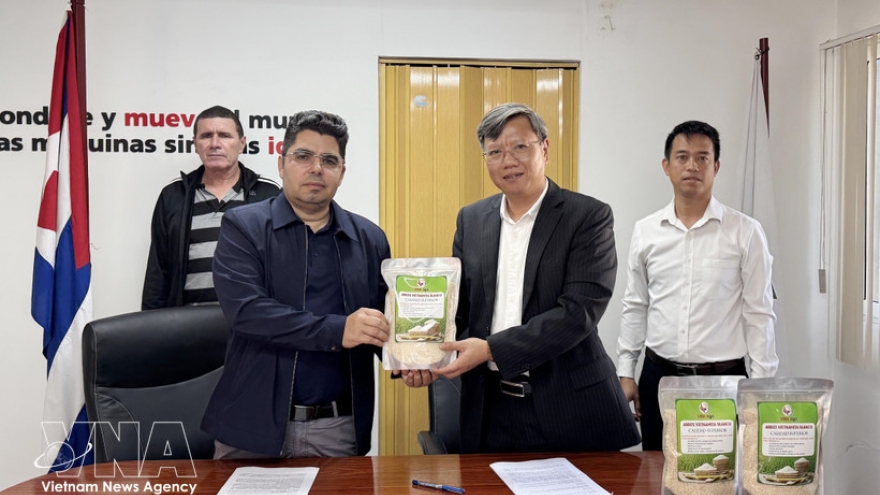
Vietnam supports Cuba in ensuring food security
Representatives of the Vietnamese Government and AgriVMA, a Vietnamese enterprise engaged in rice production, have handed over 250 tonnes of rice as non-refundable aid to Cuba under an agreement between Vietnam’s Ministry of Agriculture and Environment and Cuba’s Ministry of Agriculture.
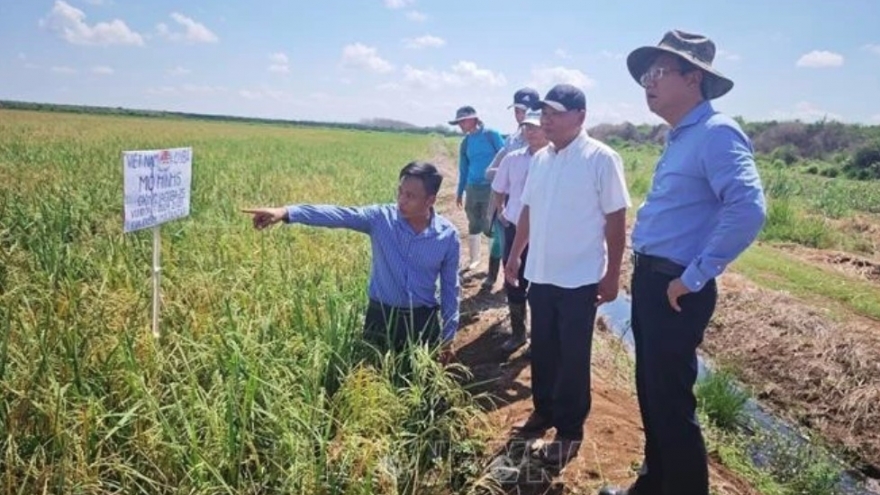
Vietnam-Cuba rice production cooperation project generates positive results
A rice production cooperation project between Vietnam and Cuba launched more than two decades ago has generated positive results, becoming a model that should be expanded, said Vietnamese Ambassador to Cuba Le Quang Long.
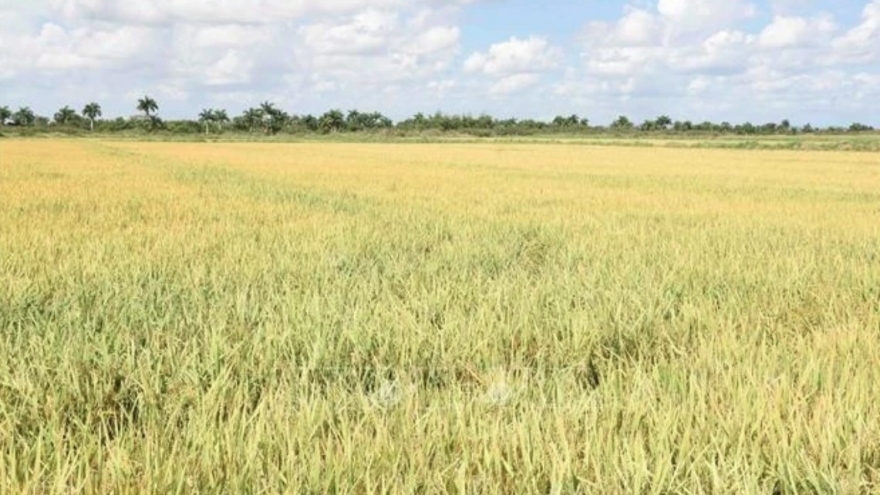
Vietnam supports Cuba in ensuring food security
Cuban Prime Minister Manuel Marrero Cruz has praised Vietnam’s rice aid and expressed his gratitude for its technical support in helping the Caribbean nation move toward self-sufficiency in this food source.
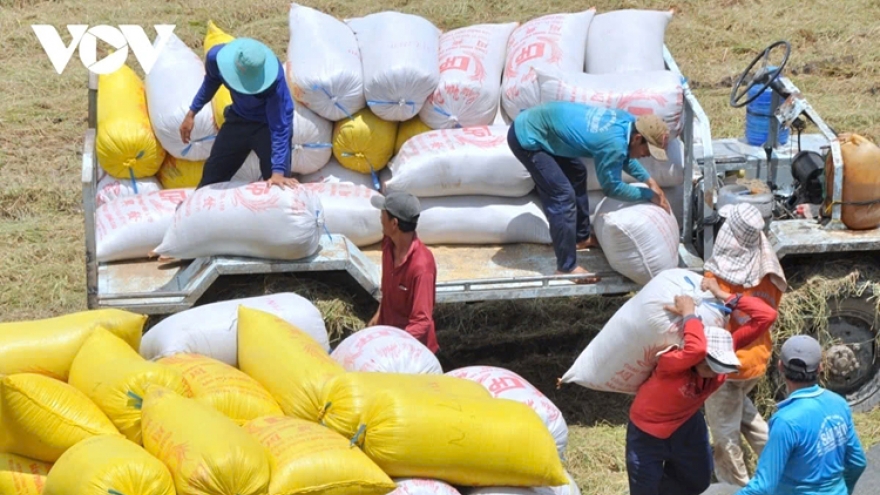
Vietnam controls rice production amidst global rice market fluctuations
VOV.VN - Prime Minister Pham Minh Chinh has signed a dispatch on domestic rice market management to ensure a balance between supply and demand for rice in light of domestic and global market developments.
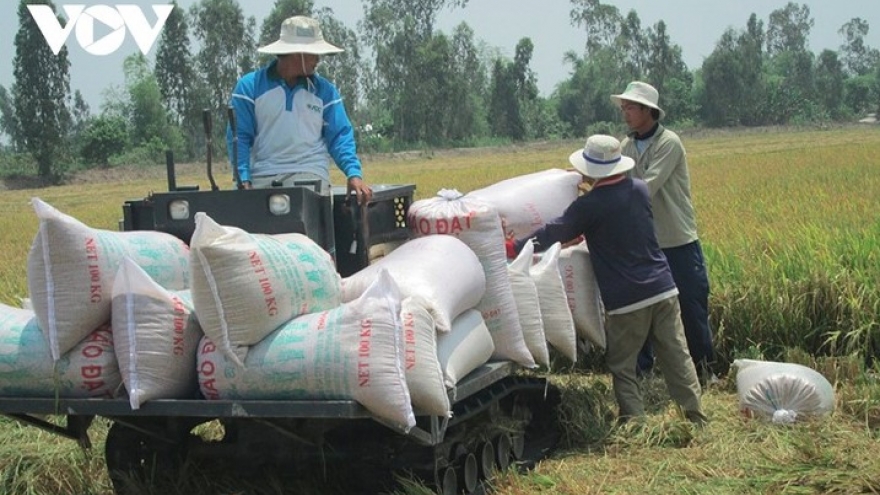
SunRice shows interest in Vietnam’s low-carbon rice production
VOV.VN - Vietnam has made great strides in reducing carbon emissions, especially through the one-million-hectare high-quality and low-carbon rice cultivation project in the Mekong Delta by 2030, says Anthony McFarlane, communications director of SunRice, Australia’s largest rice production and distribution group.

Eight rice enterprises awarded for emissions reduction
Eight Vietnamese rice enterprises have been awarded AUD200,000 (approximately VND3.16 billion, or over US$124,300) for their efforts in reducing greenhouse gas emissions in rice production.
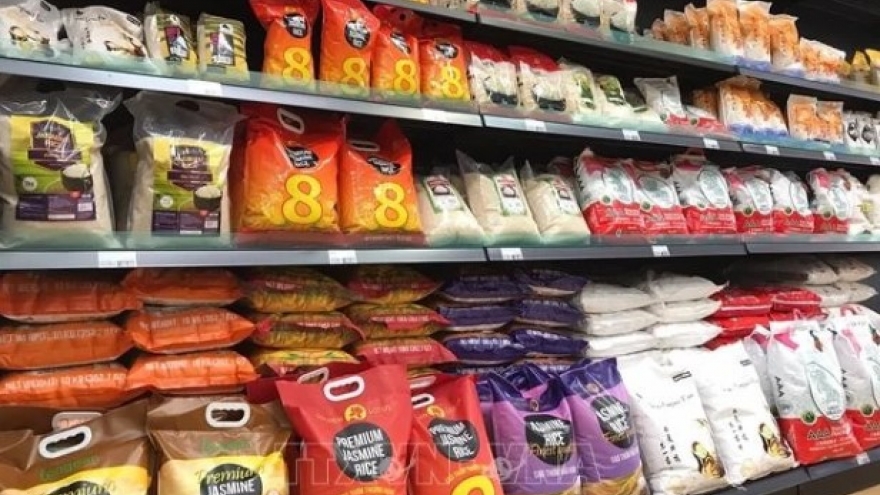
Vietnamese products crave out a niche in UK market: Official
Vietnamese goods have steadily established a strong presence in the UK, with exports to this demanding market continously growing since 2021, said Hoang Le Hang, First Secretary of the Vietnam Trade Office in the UK.
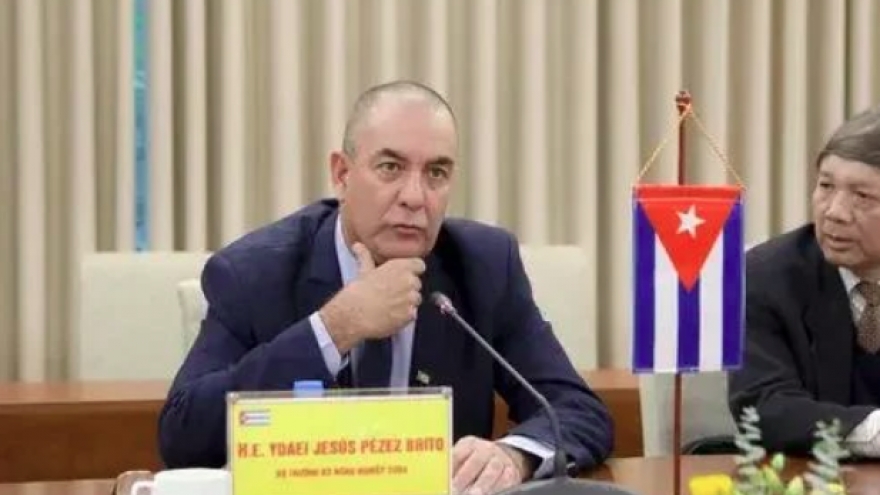
Vietnam, Cuba enhance cooperation in rice production
Vietnam's Minister of Construction Nguyen Thanh Nghi and Cuba's Minister of Agriculture Ydael Jesus Perez Brito discussed strengthening collaboration in rice production at a meeting in Hanoi on December 9.
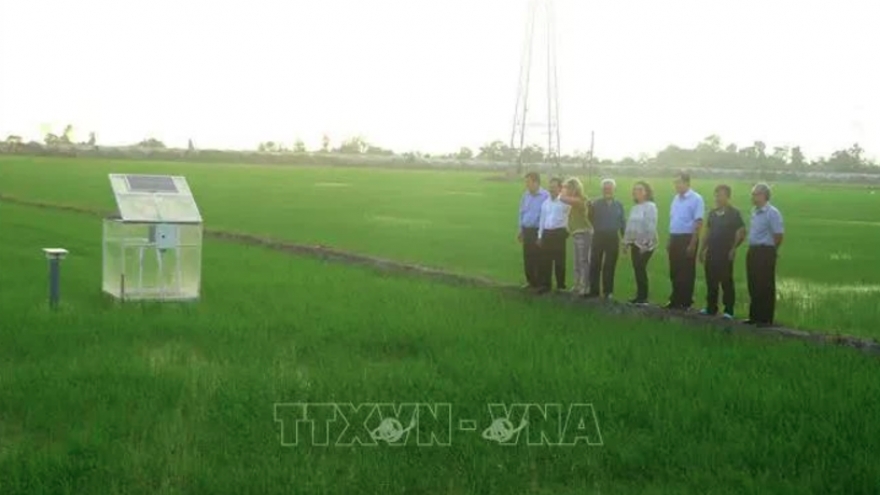
World Bank delegation visits Can Tho’s low-emission rice production model
A delegation of the World Bank (WB) led by Vice President for East Asia and the Pacific Manuela V. Ferro on November 19 paid a working visit to the Mekong Delta city of Can Tho during which they discussed with representatives of local authorities, sectors, businesses, and farmers related to low-emission rice production.
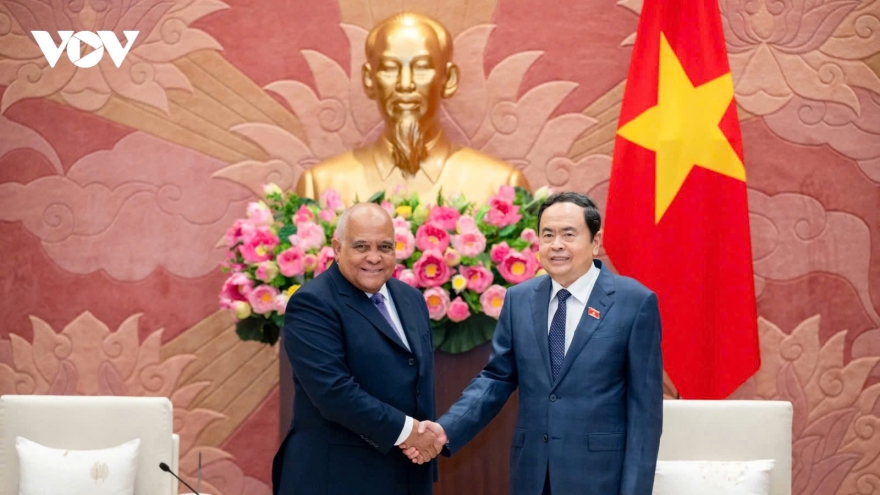
Top legislator receives outgoing Cuban Ambassador
VOV.VN - National Assembly Chairman Tran Thanh Man received outgoing Cuban Ambassador to Vietnam Orlando Nicolas Hernandez Guillen at the National Assembly building in Hanoi on November 13.
